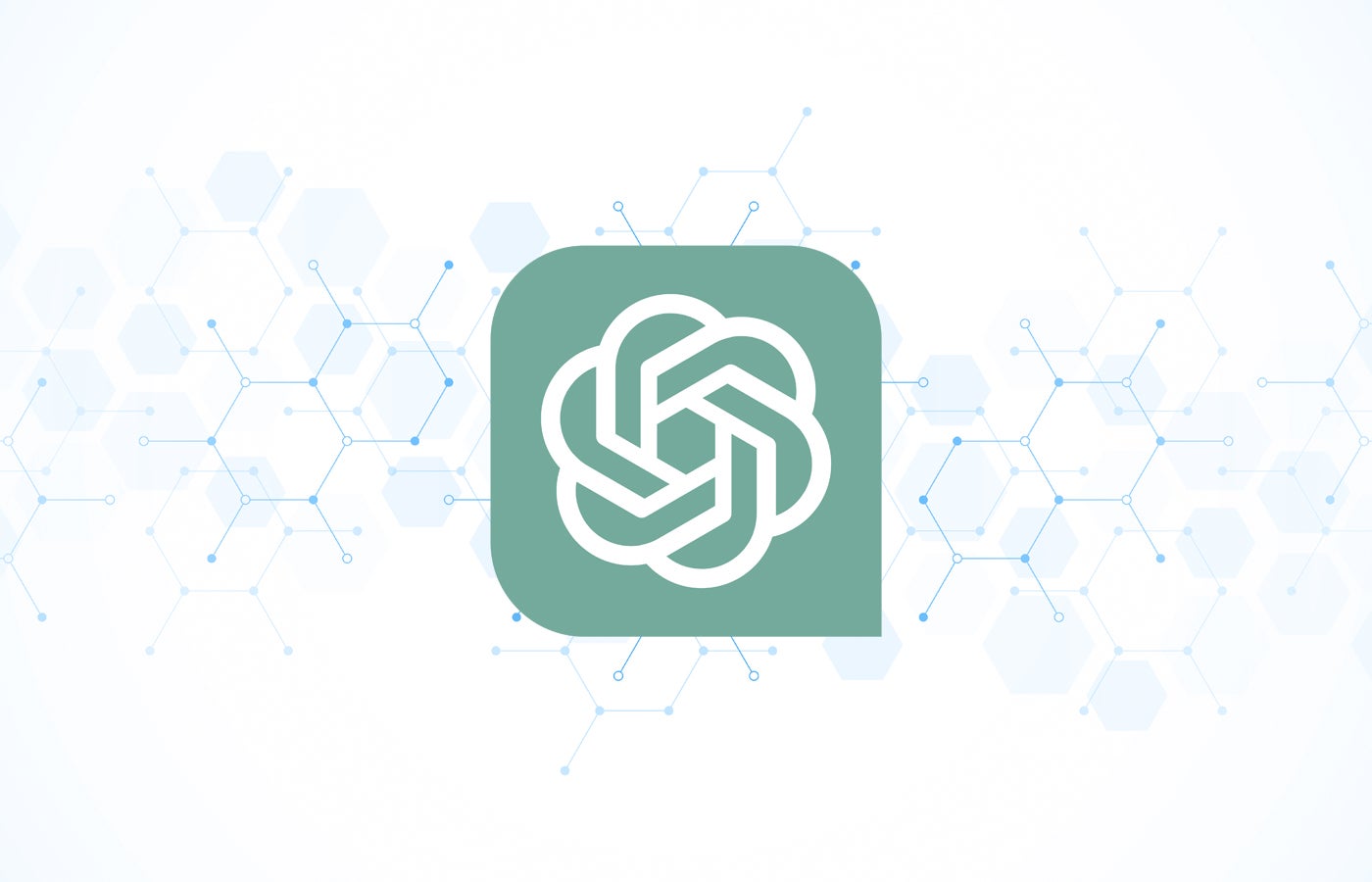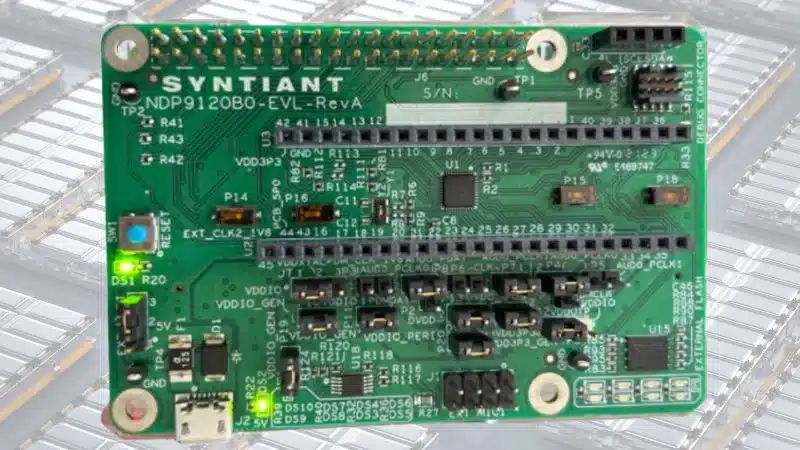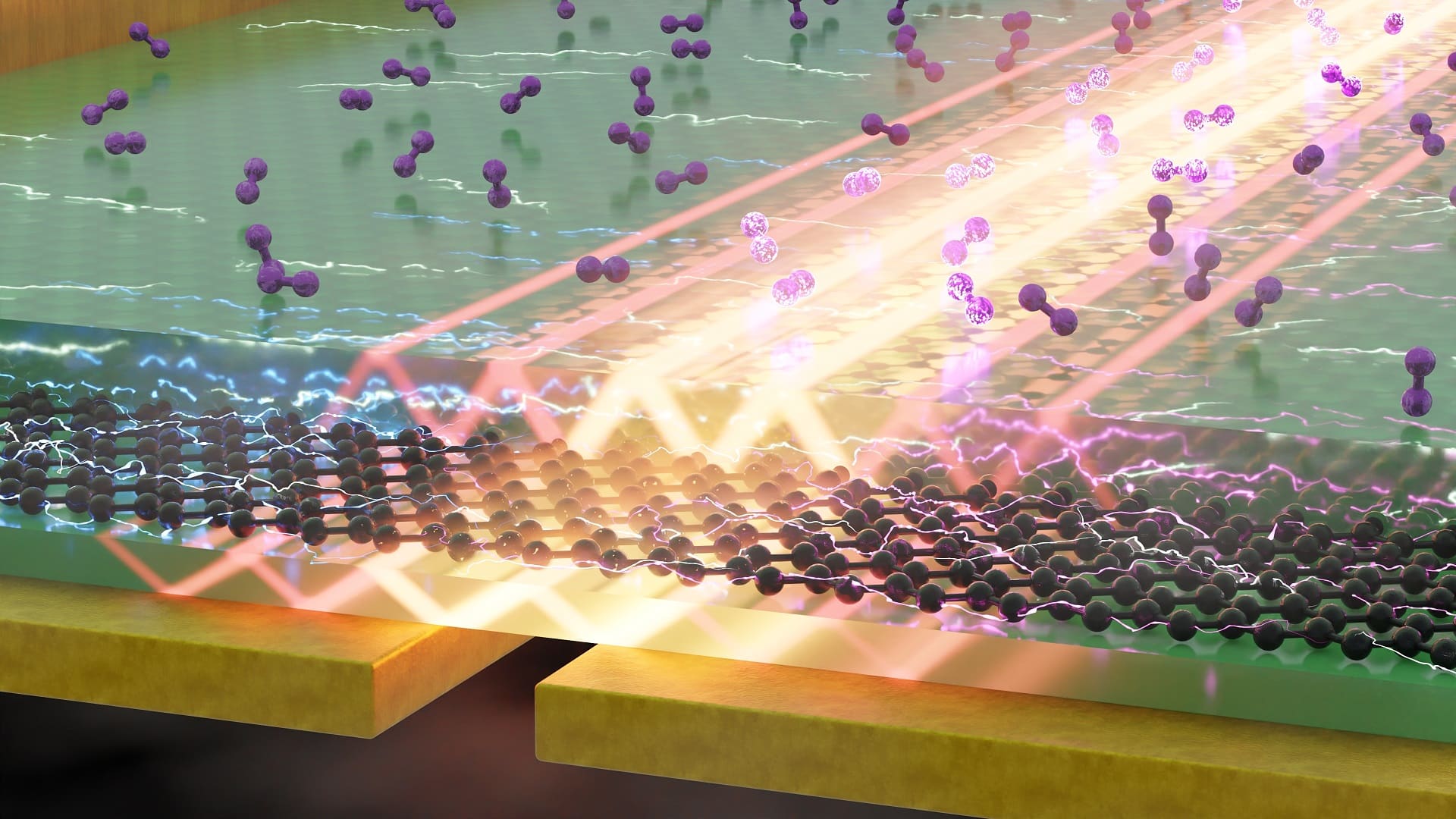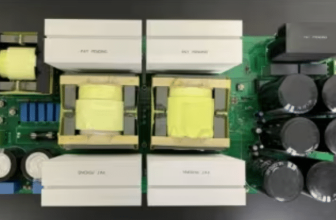
Check out our latest products
Two years ago, on Nov. 30, ChatGPT burst onto the scene, igniting a global fascination with generative AI and transforming it into a must-watch innovation for both consumers and technology professionals. Since then, ChatGPT has expanded, and the wheels of AI regulation have started to turn.
TechRepublic asked tech professionals how their work with ChatGPT has evolved, both personally and within the broader tech industry.
New features introduced in 2024
Over the last year, OpenAI has:
- Expanded ChatGPT into new formats like ChatGPT search and Canvas, the latter of which is built, in part, to sit beside a coding application.
- Unveiled GPT-4o and OpenAI o1, new flagship models.
- Partnered with Apple to support some features of Apple’s onboard AI.
- Announced ChatGPT will remember previous conversations.
- Released ChatGPT search, marking OpenAI’s bid to replace Google Search as the de facto portal to the rest of the internet.
- Rolled out Advanced Voice Mode to select users in October, enabling users to talk to the AI aloud.
On Oct. 3, OpenAI rolled out Canvas, marking a major experiment in using ChatGPT.
“Making AI more useful and accessible requires rethinking how we interact with it,” the OpenAI team wrote in October on the occasion of Canvas’s announcement. “Canvas is a new approach and the first major update to ChatGPT’s visual interface since we launched two years ago.”
How ChatGPT has improved in 2024
Graham Glass, CEO of AI course-building platform Cypher Learning, noted how ChatGPT offers access to more sophisticated models now than it did in 2023.
“First of all, ChatGPT keeps on getting better,” he said in an interview with TechRepublic. “And it’s become more sophisticated, which opens additional opportunities for leveraging that technology.”
In the last year, Glass has leveraged ChatGPT to brainstorm software designs and software architectures. Asking the technology about best practices or design tradeoffs brings him “the corpus of all the designs that everyone’s ever done on that particular topic,” he said.
“It’s gotten smarter,” added Curt Raffi, chief product officer at Acrolinx, a company using AI to proof content for technical documents and other writing-heavy jobs. He pointed out the improved performance of GPT-4o, as well as OpenAI o1.
Raffi also explained that people have grown more comfortable with using ChatGPT. He works with engineers who have improved at prompting ChatGPT in ways that express specific business logic.
SEE: The first meeting of the International Network of AI Safety Institutes, held this week, aims to manage the risks of advanced AI.
Glass likes that ChatGPT search provides present-day information, calling it a time-saver for tasks like product comparisons. He also uses Advanced Voice Mode to chat with the AI out loud.
Overall, ChatGPT’s additions over the last year have provided more options for people who want to use generative AI for technical work.
“The most significant way generative AI assistants have changed programming and development over the last year lies in enabling people at different levels of programming to engage in software development to deliver solutions to real-world problems,” Houbing Herbert Song, a fellow with the Institute of Electrical and Electronics Engineers, said in an email to TechRepublic.
What can’t ChatGPT do in 2024?
AI is not immune to mistakes. For Glass, coding with ChatGPT often involves back-and-forth dialogue, including “reminding” the AI about details it may have overlooked.
“While I think it’s a lot more reliable when it comes to design [in 2024], it still makes loads of coding errors,” said Glass.
For example, Glass said about a recent task that it took 10 prompts for ChatGPT to build one function in JavaScript correctly. This still saved him time, but it shows that ChatGPT is still limited. He ascribed this partly to ChatGPT being trained on a finite, though enormous, corpus of code.
Filev pointed out ChatGPT has become so reliable people may not easily notice when it makes mistakes.
“It’s becoming so good that I started to let the guard down, and I don’t know if that’s a good thing or a bad thing,” Filev said.
For many tasks, he started looking for hard sources from Google Search or Perplexity AI before using ChatGPT. These might be better places to find reliable sources, he said, while ChatGPT is better for brainstorming.
Regulations could affect ChatGPT
The last year also revealed ChatGPT’s limitations and potential regulation. Raffi said his team is approaching AI-generated code carefully after a court case between developers and GitHub Copilot. The developers alleged GitHub Copilot violated intellectual property rights by using open-source code.
Raffi noted that the commercial use of such code in marketplaces remains somewhat uncertain, making AI applications in coding a cautious and exploratory process.
“Our IP is in our code, and if we suddenly were open or exposed to lawsuits, we could erode the value of our company,” Raffi said.
How ChatGPT has affected early-career developers
Over the past year, another key development has been the impact of ChatGPT on early-career developers.
“Because this greatly improves efficiencies for developers to focus on higher-order design and innovation, perhaps more importantly, the role of a developer drastically shifts from creators to supervisors of AI-generated code,” said Dheerendra Panwar, IEEE senior member, in an email to TechRepublic. “Which brings us to a very important question: are we dumbing down the art of coding?”
In some cases, junior developers may not be hired at all, as some tasks typically assigned to them are now being handled by AI.
“These changes appear to be beneficial for senior programmers as it expands their role and importance,” Jen Stave, executive director of the Digital Data Design Institute at Harvard University, wrote in an email. “Because junior developers often lack the expertise to detect issues such as AI hallucinations or inaccurate outputs, this incredibly important role falls to senior programmers who need to now broaden their responsibility toward mitigating risks such as AI-induced code errors.”
In other cases, junior developers might be more proficient at prompt engineering than seniors.
“For junior programmers, the story is more complex,” Stave wrote. “Generative AI reduces their reliance on collaborative problem-solving, fostering more autonomous work. While this independence can accelerate productivity, that may not be a good thing for humans who tend to get mental health benefits from human interaction and collaboration.”
Andrew Filev, founder and CEO of AI software development tool startup Zencoder, explained that prompting ChatGPT might seem like a distinct skill set. However, it reminded him of how using Google Search was once a skill listed on resumes. Perhaps 2024 was the year ChatGPT started to affect how tech professionals think about the portal to the rest of the internet.
“It’s becoming more and more an integral part of my day,” Filev said of ChatGPT. “It does give me a productivity boost, but it’s not defining me one way or another, right?”
ChatGPT search and Canvas offer new form factors
OpenAI’s efforts to become a new portal to the rest of the internet can be seen most clearly in ChatGPT search and Canvas.
Raffi said ChatGPT search didn’t hold up very well against Google Search, lacking context and providing “pretty lousy results.” However, he uses Canvas often.
“It’s changing the way we think about AI and ChatGPT,” he said. “It’s introducing an application layer and making you think of the AI APIs as the back end and more of the business logic behind it all. It abstracts away a lot of the confusing complexities in a lot of editors.”
Since Canvas stores memories, it can reference previous changes to the code. Raffi called it a blend of the application layer, back end, and business logic layer.
There will be many changes in the years ahead
2024 showed AI can’t do everything, and the rate of transformative use cases might be slowing down. On the other hand, AI companies are training models to digest more and more data, including improving the models underlying ChatGPT. How professionals interact with ChatGPT has changed since 2023 and will likely look different a year from now.
“Yes, there will be changes,” Filev said. He compared the rise of AI with the shift from punch cards to software programming. “But I think developers are used to changes.”
“Technology does move forward and we keep up with that, and I think it allows us to do so much more and better,” he added. “And ChatGPT is one of the good examples of technologies that help us.”


![[5G & 2.4G] Indoor/Outdoor Security Camera for Home, Baby/Elder/Dog/Pet Camera with Phone App, Wi-Fi Camera w/Spotlight, Color Night Vision, 2-Way Audio, 24/7, SD/Cloud Storage, Work w/Alexa, 2Pack](https://m.media-amazon.com/images/I/71gzKbvCrrL._AC_SL1500_.jpg)



![[3 Pack] Sport Bands Compatible with Fitbit Charge 5 Bands Women Men, Adjustable Soft Silicone Charge 5 Wristband Strap for Fitbit Charge 5, Large](https://m.media-amazon.com/images/I/61Tqj4Sz2rL._AC_SL1500_.jpg)





